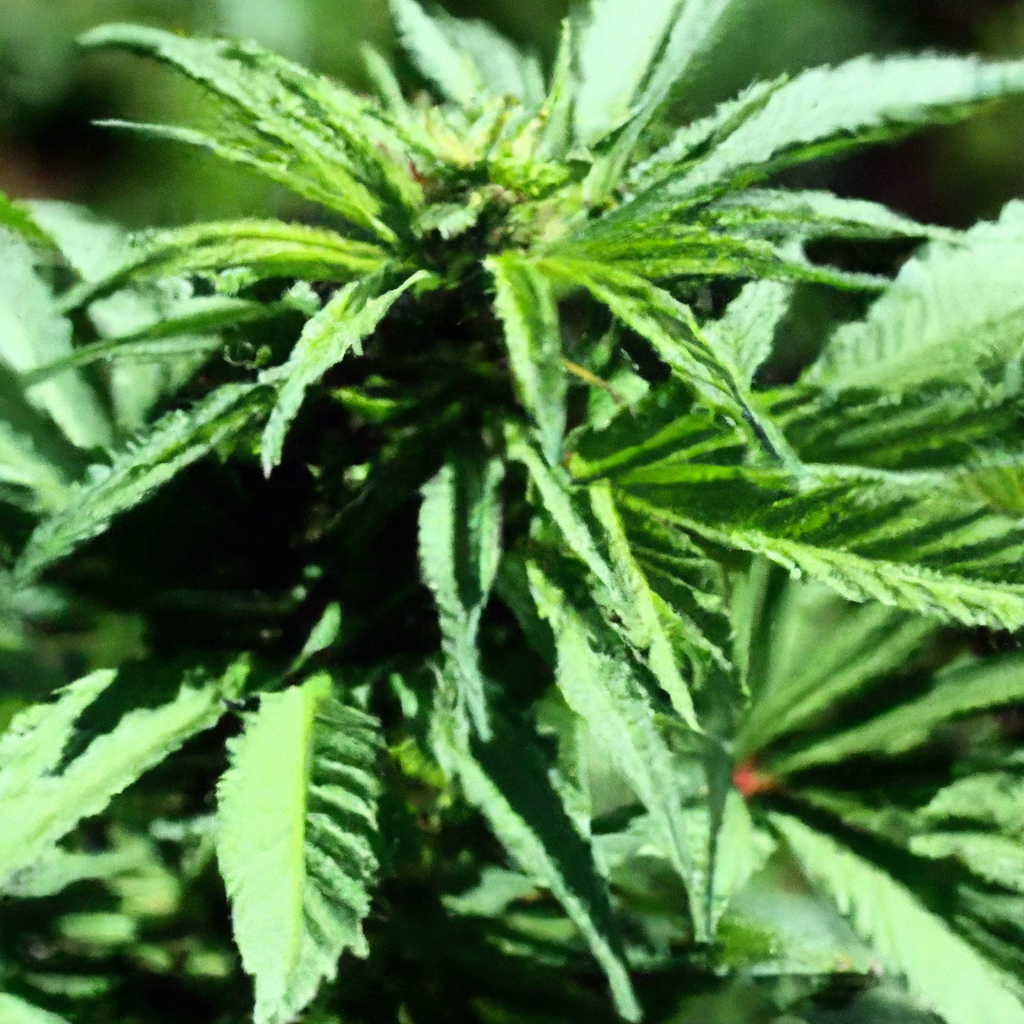Your cart is currently empty!
With a growing emphasis on environmental sustainability and consumer health, organic cannabis cultivation is more relevant than ever. This guide explores essential best practices to help you grow cannabis organically, using natural fertilizers, compost, and effective pest control methods. Discover how building a healthy soil ecosystem and avoiding synthetic chemicals can benefit both the environment and the end user.
Natural Fertilizers for Robust Growth
One of the cornerstones of organic cannabis cultivation is the use of natural fertilizers. These not only nourish the plants but also enrich the soil ecosystem:
- Compost: Create your own compost using kitchen scraps and yard waste. This enriches the soil with essential nutrients and beneficial microbes.
- Worm Castings: Excellent for soil structure and rich in essential nutrients, worm castings enhance root growth and improve water retention.
- Bone Meal and Blood Meal: These provide phosphorus and nitrogen respectively, helping to promote vigorous growth and flowering.
Building a Healthy Soil Ecosystem
A healthy soil ecosystem is fundamental to the success of organic cannabis growing. It supports plant health and enhances yield quality through natural and sustainable processes:
- Soil Composition: Opt for soil that contains a healthy mix of sand, silt, and clay. This ensures adequate drainage, while retaining important nutrients.
- Cover Crops: Planting legumes or clover acts as a natural fertilizer and helps in preventing erosion while maintaining soil health.
- Mulching: Use natural mulches like straw or wood chips to preserve moisture, improve soil fertility, and suppress weeds.
Pest Control Without Chemicals
Protect your plants from pests with organic methods that maintain ecological balance:
- Beneficial Insects: Introduce predators like ladybugs and predatory mites to control aphids and spider mites naturally.
- Neem Oil: Use neem oil as a spray to deter harmful insects. It is biodegradable and non-toxic to beneficial insects when applied properly.
- Companion Planting: Grow plants like marigolds and basil alongside cannabis to deter pests naturally.
The Benefits of Organic Cannabis
Organic cannabis offers numerous benefits that contribute to its growing popularity among both consumers and environmentally conscious growers:
- Environmental Impact: Organic practices reduce pollution and soil degradation while encouraging biodiversity.
- Health Benefits: Free from synthetic pesticides and fertilizers, organic cannabis is less likely to contain harmful residues.
- Consumer Preference: Increasingly, consumers are choosing organic products for their perceived quality and ethical production methods.
Conclusion: Cultivating a Greener Future
Embracing organic cannabis cultivation is not only about growing a better product but also about contributing to a sustainable future. By integrating natural fertilizers, fostering healthy soil ecosystems, and using eco-friendly pest control methods, you can produce cannabis that is both high-quality and environmentally conscious. Join the movement towards greener growing practices and experience the myriad benefits both for the planet and consumers alike.
Tags: OrganicGrowing, NaturalCultivation, NaturalFertilizers, Compost, PestControl
Discover more from Magic Clones
Subscribe to get the latest posts sent to your email.


Leave a Reply